Elon Musk reportedly met with China’s premier, Li Qiang, and Ren Hongbin, who heads the China Council for the Promotion of International Trade.
Tesla CEO Elon Musk visited Beijing over the weekend, reportedly to discuss with senior government officials the rollout of his full self-driving software (FSD) and permission to transfer data overseas, only a week after delaying a planned meeting with India’s Prime Minister.
The automaker giant in 2018 reached an agreement with Chinese authorities to build a plant in Shanghai, its first outside the United States, which later opened in 2019. Its FSD was launched four years ago but has not been made available to the Chinese market yet.
According to Chinese state media, Mr. Musk held talks with the country’s premier, Li Qiang, which the Tesla CEO later confirmed in a post on X.
“Honoured to meet with Premier Li Qiang. We have known each other now for many years, since early Shanghai days,” Mr. Musk said, alongside a photo of the pair together.
In an X post from earlier this month, Mr. Musk said that Tesla’s FSD might be available to customers in China “very soon” but he did not provide any extra context at the time.
Chinese state broadcaster CCTV reported that during the meeting with Mr. Musk, Mr. Li promised that China would do more to help foreign companies find their footing by providing them with “a better business environment.”
“China’s very large-scale market will always be open to foreign-funded firms,” the second highest official in China said. “China will stick to its word and will continue working hard to expand market access and strengthen service guarantees.”
The ruling Chinese Communist Party (CCP) has made attracting foreign investment a vital goal amid growing economic turmoil. The Party discussed the slumping Chinese economy during its Two Sessions political meeting, which concluded last month.
However, many China observers, including the U.S. ambassador to China, have expressed skepticism toward the CCP’s goal due to its conflicting policies and internal factional battles.
“Some senior Chinese government officials say private-sector investment is welcome in China, your investment will be protected. But then these companies are also hearing a different message,” U.S. ambassador to China Nicholas Burns told Bloomberg on March 14, citing China’s sweeping new counter-espionage law that has been seen as a deterrent by investors.
“I think the voices that they’re hearing from the government here in China about national security—they’re the strongest and loudest voices right now,” he said.
State media also revealed Mr. Musk met with Ren Hongbin, who heads the China Council for the Promotion of International Trade and is the organizer of the Beijing auto show. Mr. Musk’s unannounced visit coincides with the Beijing auto show, which opened last week. Tesla did not have a booth at the auto show and last attended in 2021.
“It is good to see electric vehicles making progress in China. All cars will be electric in the future,” Mr. Musk said in a video posted by state media.
Mr. Musk’s surprise trip came just over a week after he canceled a meeting with Indian Prime Minister Narendra Modi, citing “very heavy Tesla obligations” as the reason.
Tesla has been scrambling to get its FSD systems approved for new markets. However, it has been an uphill battle. In the past, its vehicles have been banned from China’s military compounds over the cameras used for its FSD systems.
Advanced driver assistance systems (ADAS) are becoming increasingly common in China’s EV market. Many local manufacturers, such as Huawei Technologies Co. and Xiaomi Corp., already use similar tech.
According to Mr. Musk, Tesla is forging ahead with its plans to get its FSD systems to customers worldwide, including in China. During Tesla’s April 23 earnings call, Mr. Musk said his company would sell its products wherever he could get regulatory approval.
“We plan on, with the approval of the regulators, releasing it as a supervised autonomy system in any market where we can get regulatory approval for that, which we think includes China,” he said.


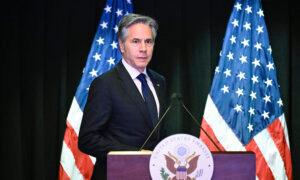

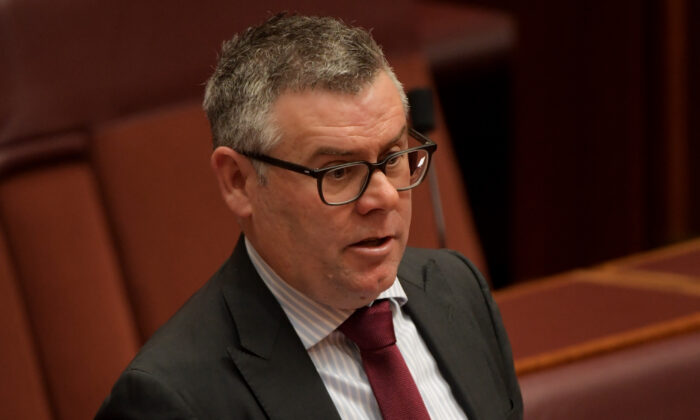
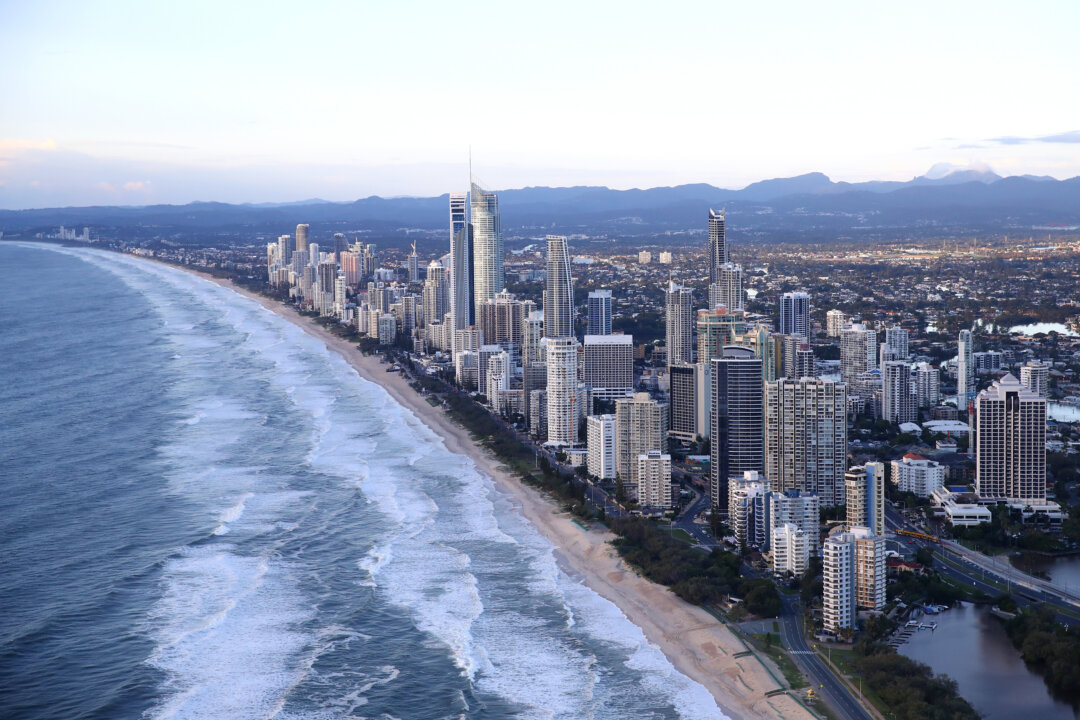


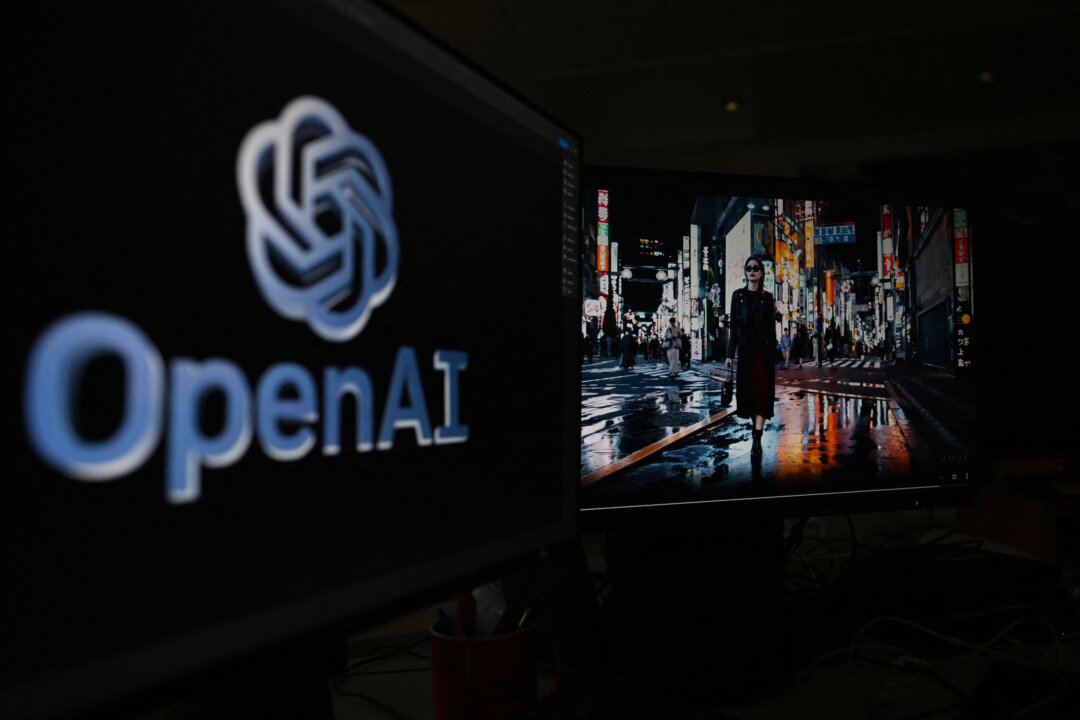




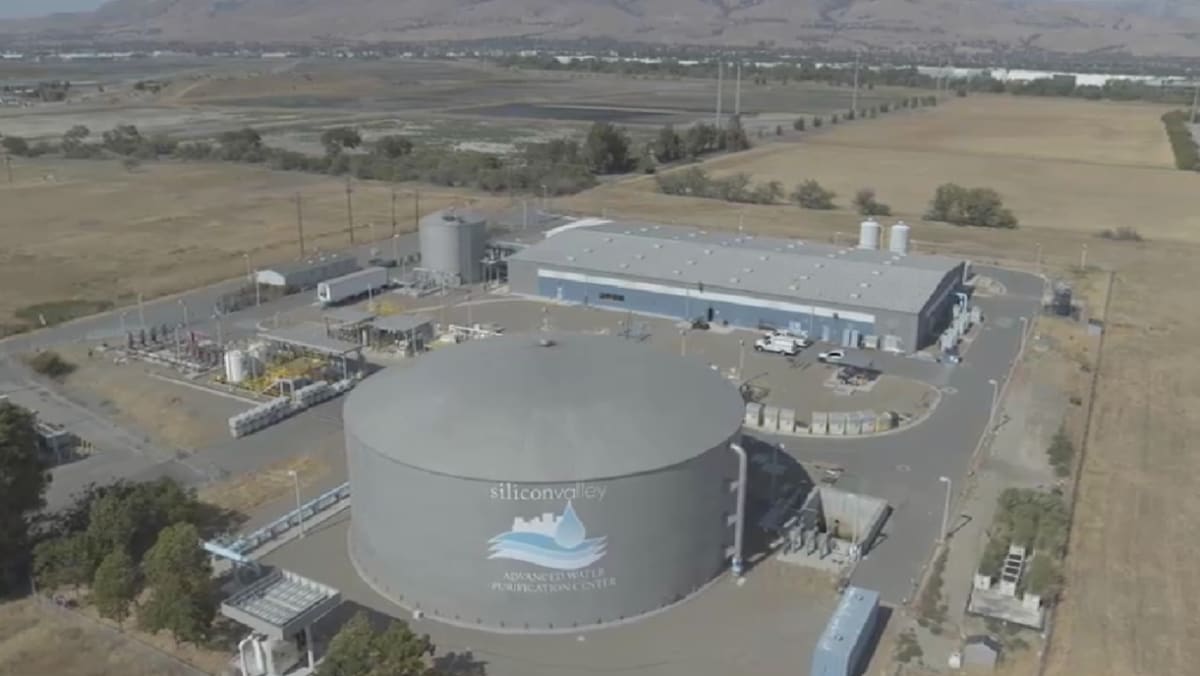
 English (US) ·
English (US) ·  Turkish (TR) ·
Turkish (TR) ·